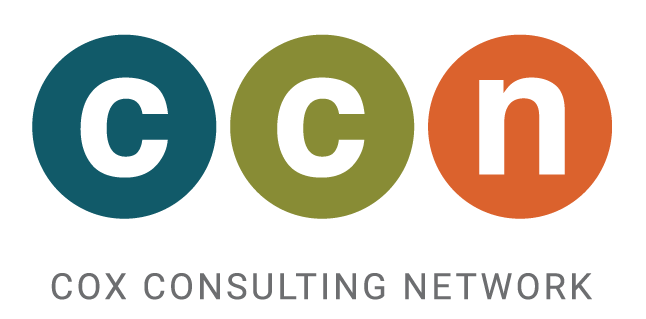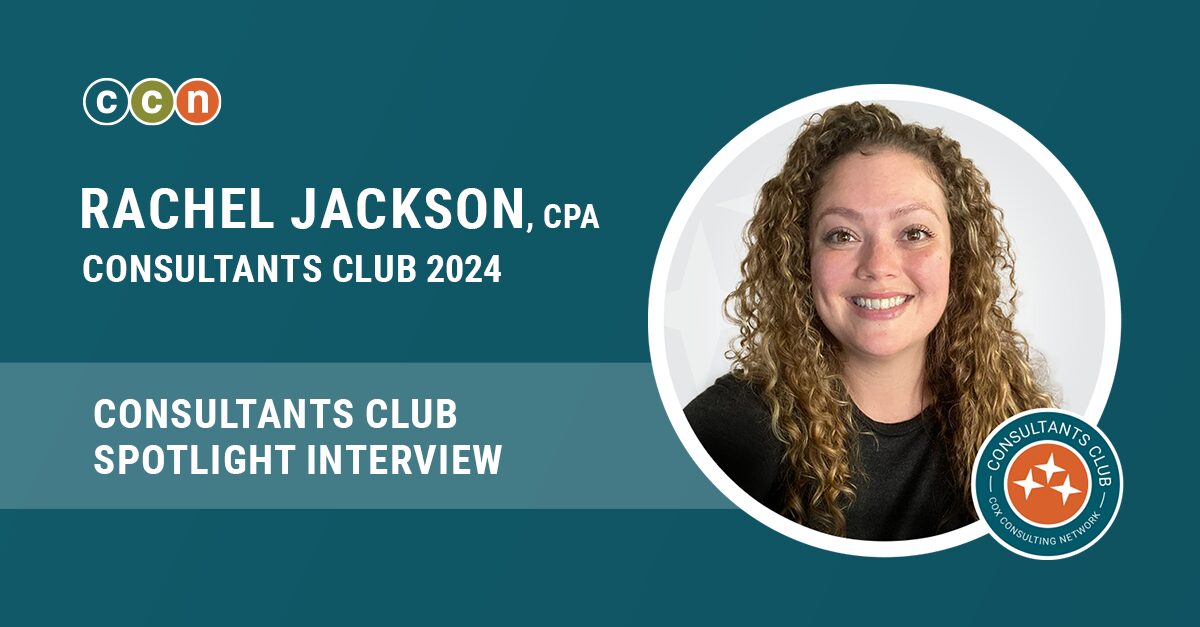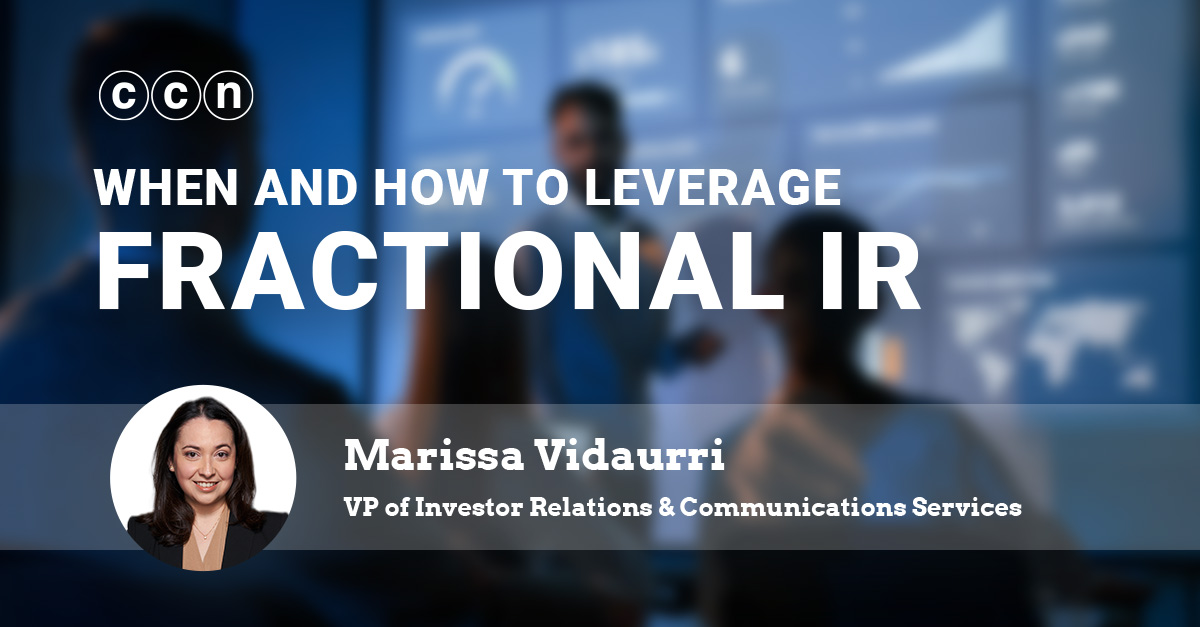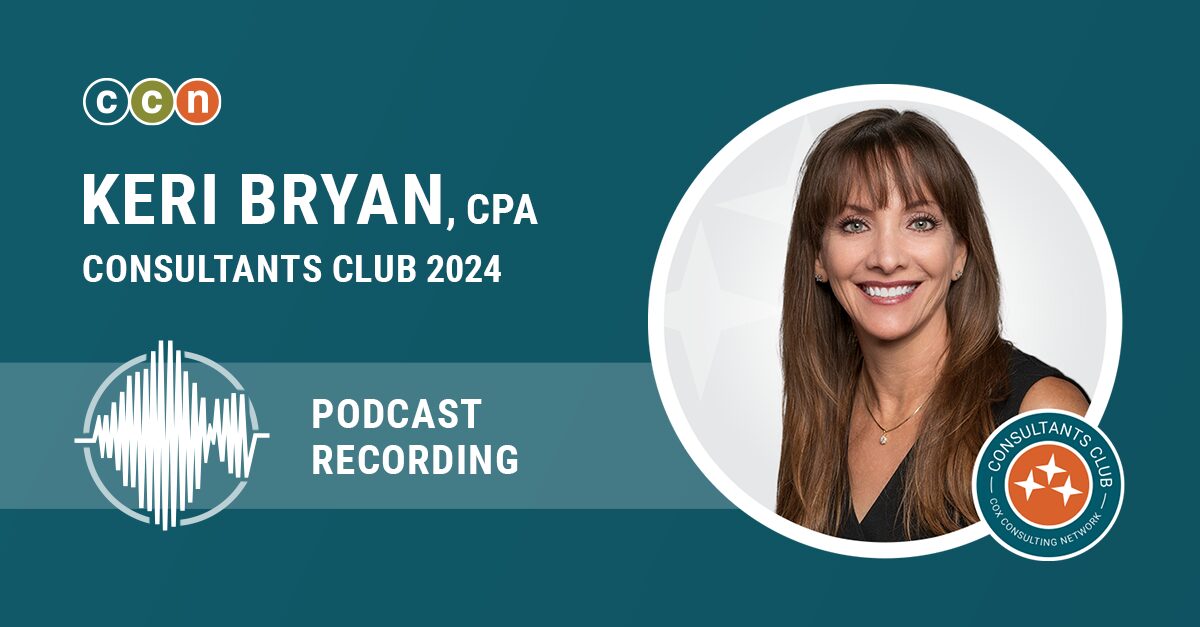Top 8 Things CFOs Need to Know Before a PE Acquisition
I’ve talked to many CFOs a few weeks after a transaction with a private equity group, and do you know what they all say? If they had known the HUGE to-do list of deal-related compliance and managerial items that come with a PE acquisition, they would have asked for help sooner.”
What does an acquisition mean for your finance/accounting department? How can you navigate all the tasks involved? Whether you are preparing for a transaction or have just closed the deal, we’re here to help!

Top 8 things you should know about a PE acquisition
- You’ve got “homework:” You’ve just been through a big ordeal to get your company ready to close, but the journey is not over yet. The first six to twelve months after an acquisition come with a big to-do list of deal-related compliance and managerial items.
- Setting up a new entity: If your acquisition was an asset deal, you have to set up everything from scratch — things like state registrations and DBAs, sales, and employer tax registrations state by state. That’s a big burden.
- You will have lots of reading: Your investment agreement is a 200+ page document. Your lender agreement is another 200+ pages. These agreements include requirements and changes for financials, banking, IT issues like cybersecurity, and diligence reports … As the CFO, you must be at least aware of all these items.
- Post-close deadlines: You will often have 60 days for adjusted working capital and another 30 days for Purchase Price Allocation. You may also have stock compensation agreements, first-year earnings bonuses, and interest rate hedges, among other things.
- Systems changes: Many CFOs often find that their current systems were good enough to maintain the status quo, but fall short of satisfying investor reporting and audit controls.
- Ongoing reporting: Even after that initial transition period, portfolio companies have a variety of ongoing activities and reports to account for. You’ll have financial analysis, modeling AOP, monthly financial reports, and monthly operating KPIs. Ideally, you want to get these things set up right the first time and put systems and processes in place so they don’t cause an undue burden each month.
- Employee turnover: Acquisition is a stressful time. Sometimes employees don’t have the capacity or the skills necessary to keep up with your new normal. Expect turnover at all key points in your finance organization.
- You will need help: Your investment professionals will try to warn you, but these things just don’t click until you are actually in it. CFOs tell me if they had known the extent of the work required, they would have begged for help in advance. It’s never too late to find the people you need to make it work.
Putting our experience to work
At my previous position with a PE company, they understood integration is a big lift for small to mid-size businesses that have never had outside investors. They hired me to go in (ideally right after closing) to talk to CFOs about all the work we have to do.
“You can’t afford to dedicate all your time to this kind of ongoing administration — you’ve got a company to run! That’s the challenge in any acquisition: people are eager to start building value, but you’ve got to lay the foundation first.”
In the last 2 years, I helped multiple publicly-traded and PE-backed companies through 6 acquisition integrations, 10 portfolio acquisitions, 19 add-on acquisitions, 4 ERP implementations, and 2 AOP cycles for all portfolios. Prior to that, I worked for highly acquisitive companies integrating roughly 4 add-on acquisitions per year.
From those experiences, I’ve built a playbook and intimately understand the tasks and priorities CFOs need to manage.

We’re here to help!
There is no “how-to” manual for working with PE, but we’re here to help the whole process go as smoothly as possible.
We typically spend six months to a year helping CFOs post-close; we’re also going back to the PE firm, letting them know how things are doing. Both parties get transparency and an informal go-between to make things work.
“People don’t often talk about how it’s very lonely and stressful to be a CFO for a PE-backed company. You need a sounding board, a sanity check, someone who’s on your side, has your back, and knows what these PE guys are thinking. That’s what I love to do.”
We’re here to provide best practices and be the first point of call for questions and troubleshooting. You don’t know what you don’t know. Often, we can create efficiencies and improve our timing with a few minor changes.
Let’s talk PE
Have questions about PE acquisitions and integrations? Check out our new PE consulting services page, or feel free to contact me directly. Let’s see how we can help.

Megan Cox-Artemis, Private Equity Account Manager
Call: 210-544-9984
Related Posts
Grow your business with industry news and resources from CCN.
Consultants Club Spotlight: Rachel Jackson
It’s time to welcome another new member to the CCN Consultants Club. Congratulations to Rachel Jackson! Background…
Fractional Investor Relations (IR)
Investor relations (IR) is a critical function for all public companies. However, at times, resources are not…
Consultant Club Spotlight: Keri Bryan,CPA
Today, we’re celebrating another one of our 2024 Consultants Club winners, Keri Bryan! Keri is one of our founding…







